OPEC+ may consider extending output cuts in December
OPEC+ has already delayed a plan to gradually increase production several times this year due to falling prices, weak demand, and increased output from producers outside the group
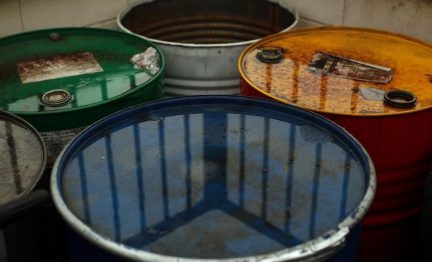
OPEC+ has already delayed a plan to gradually increase production several times this year due to falling prices, weak demand, and increased output from producers outside the group
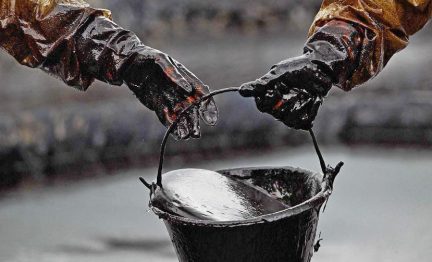
Global oil supply will exceed demand in 2025 even if OPEC+ cuts remain in place, the International Energy Agency (IEA) said, as rising production from the US and other producers outpaces sluggish demand
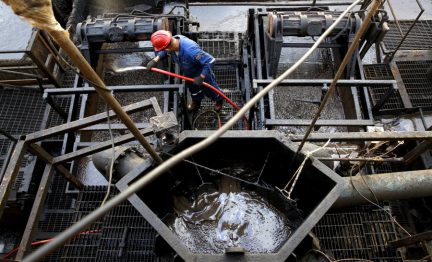
In a monthly report, OPEC said world oil demand would rise by 1.82 million barrels per day in 2024, down from growth of 1.93 million bpd forecast last month. Until August, OPEC had kept the outlook unchanged since its first forecast in July 2023
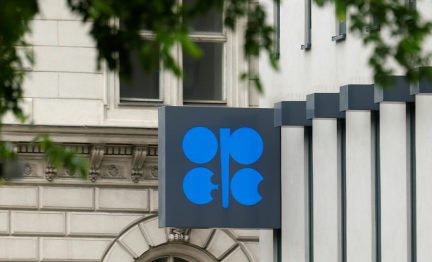
OPEC+ could delay December’s planned increase to oil production by a month or more, sources close to the matter said, citing concern about soft oil demand and rising supply
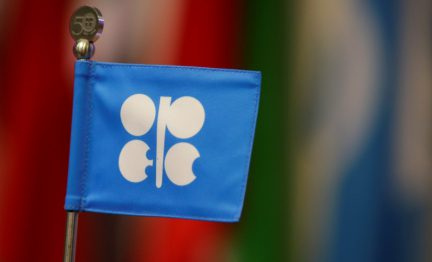
A meeting of top OPEC+ ministers has kept oil output policy unchanged including a plan to start raising output from December, while also emphasizing the need for some members to make further cuts to compensate for overproduction

The Organization of the Petroleum Exporting Countries and its allies will go ahead with a planned oil production increase in December but first need to cut output to address overproduction by some members
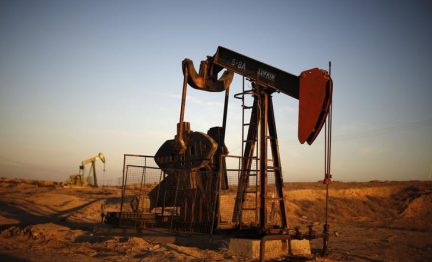
The alliance led by Saudi Arabia and Russia decided to delay by two months, from October 1 to December 1, the implementation of its plan to gradually lift voluntary crude oil production cuts

OPEC+ is set to proceed with a planned oil output hike from October, as Libyan outages and pledged cuts by some members to compensate for overproduction counter the impact of sluggish demand
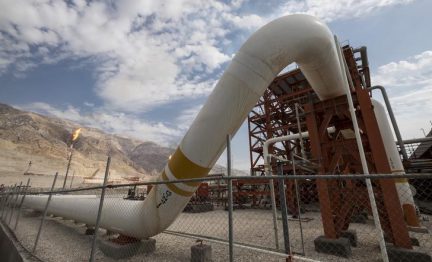
The International Energy Agency (IEA) kept its 2024 global oil demand growth forecast unchanged but trimmed its 2025 estimate, citing the impact of a weakened Chinese economy on consumption
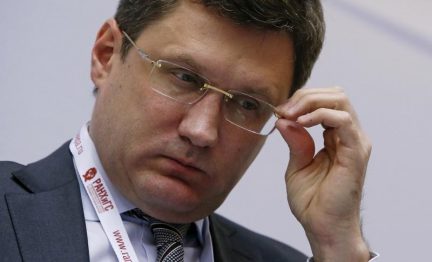
Russian President Vladimir Putin’s oil point man said that there was no friction with OPEC+ due to Russia exceeding crude production quotas and that the world’s second largest oil exporter would compensate for its overpumping